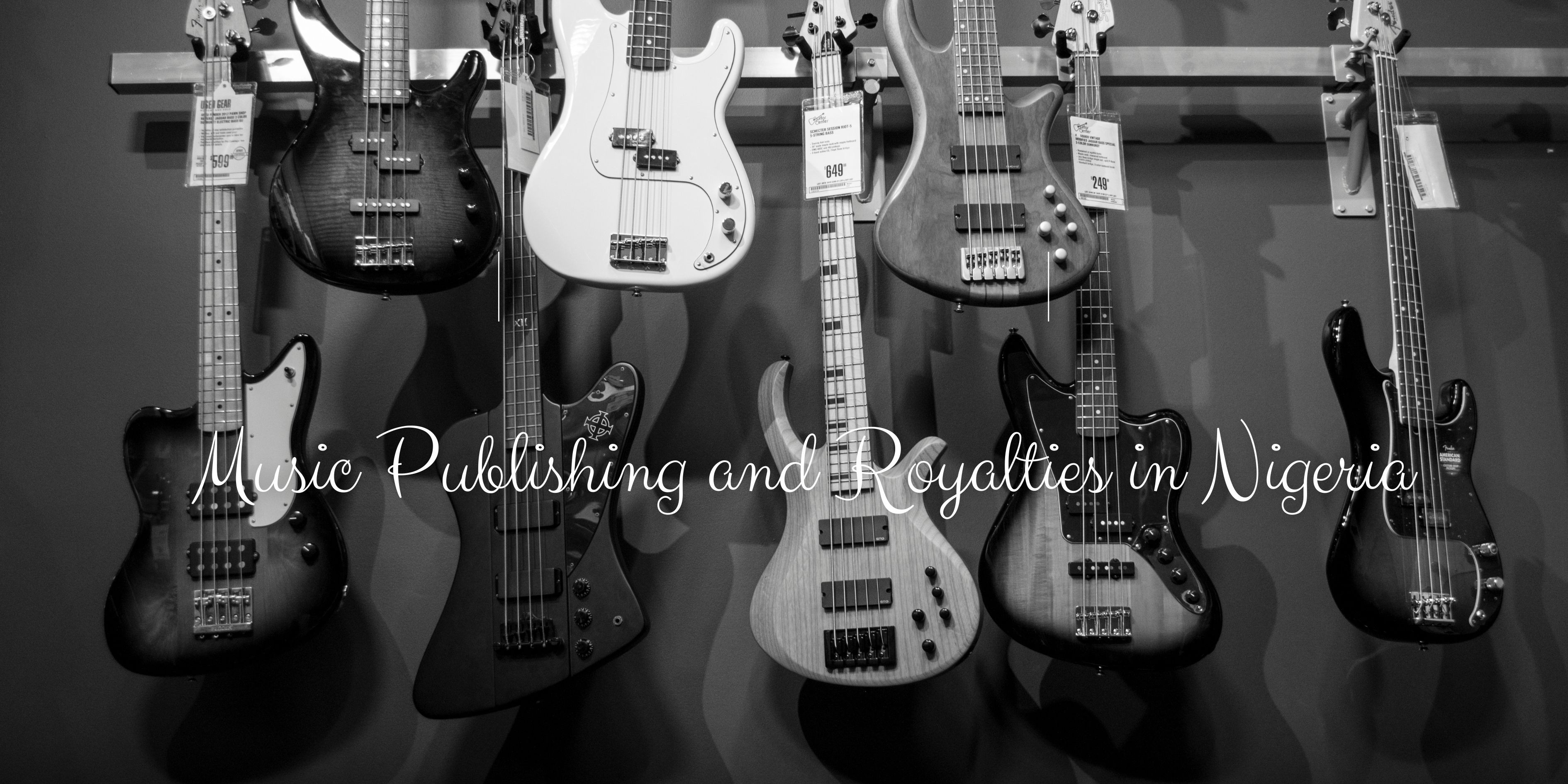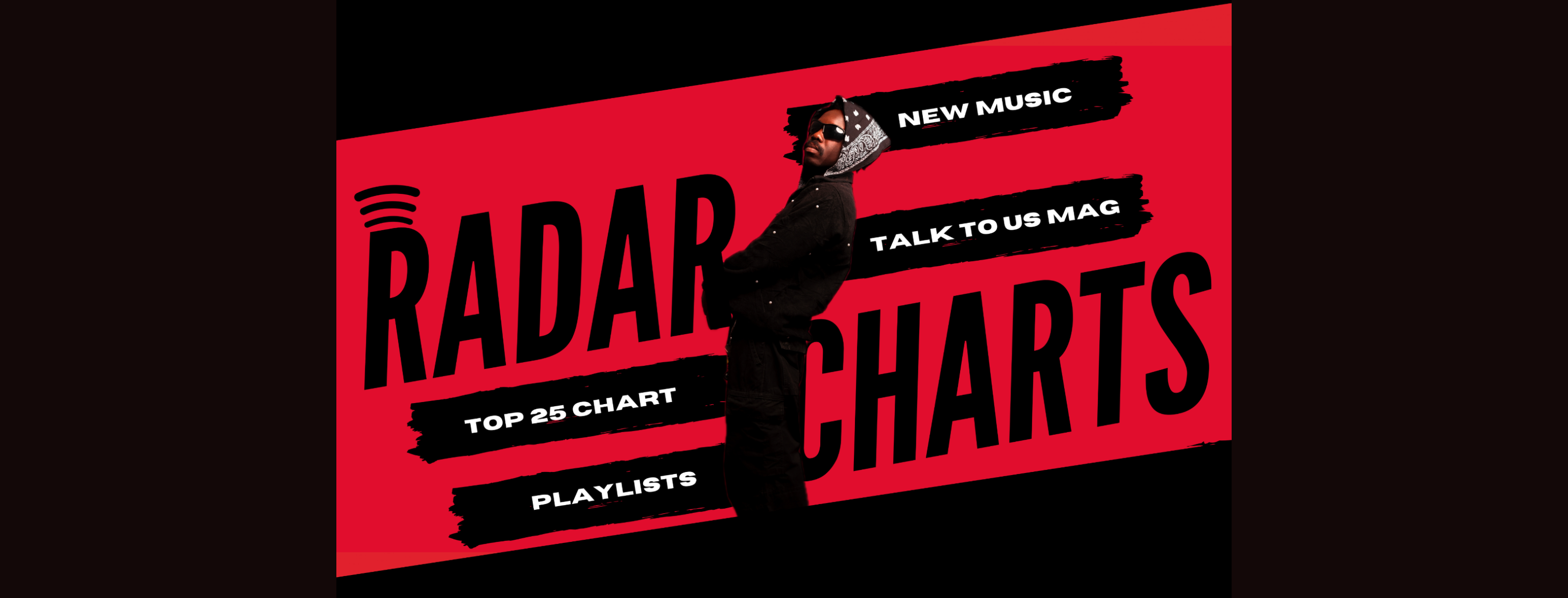Music Publishing: The Backbone of the Music Business
In today’s music industry, if you’re not talking about publishing, you’re not talking about money. Music publishing is the business of making sure songwriters and composers get paid when their music is used. Whether your song is streamed, performed live, played on radio, or used in a movie, there’s money on the table—and publishing is how you get your share.
It goes beyond just creating music. It’s about licensing, tracking usage, collecting royalties, and ensuring you’re protected legally. In simple terms: music publishing turns your sound into a sustainable source of income.
The Role of the Nigerian Copyright Commission (NCC)
In Nigeria, the Nigerian Copyright Commission (NCC) is the watchdog that protects your creative rights. Established under the Nigerian Copyright Act, the NCC ensures your intellectual property is not just respected but monetized.
The NCC works with Collective Management Organizations (CMOs) like the Musical Copyright Society Nigeria (MSCN) to help collect and distribute royalties. If your music is being used, they make sure you’re not left out of the earnings.
Pro Tip: As an artist, registering your works with a recognized CMO is one of the smartest moves you can make.
Understanding Music Royalties
Royalties are your reward for your art. But not all royalties are the same. Here’s a quick breakdown:
- Mechanical Royalties – Earned from reproductions (CDs, digital downloads).
- Performance Royalties – Paid when your song is played publicly (radio, clubs, concerts).
- Sync Royalties – When your music is synced with visual content (films, ads).
- Streaming Royalties – Every time someone streams your track.
These streams of income are often layered. The more knowledge you have, the more leverage you gain.
Demystifying Royalties – Why It Matters
When we talk about demystifying royalties, we mean one thing: clarity and transparency.
Too many artists leave money on the table because they don’t understand how royalty systems work. Demystifying royalties helps you:
- Know your earnings and where they come from
- Make better decisions on distribution and licensing
- Trust the platforms and labels you work with
The Benefits of Transparency in Royalties
For Artists:
- Financial Confidence – Clear royalties mean predictable income.
- Better Negotiations – Knowledge is power when signing deals.
- Trust and Growth – More transparency means better industry relationships.
For Streaming Platforms like Hafrikplay:
- Artist Attraction – Transparent platforms attract serious artists.
- Legal Compliance – Avoid legal issues and build credibility.
- Innovation – Clear data enables smarter recommendations and playlists.
For Record Labels (Independent & Major):
- Talent Retention – Artists stick around when royalties make sense.
- Cleaner Books – Easier accounting and audit processes.
- Reputation Boost – Labels that pay fair are respected and sought after.
For Nigeria’s Music Industry:
- Economic Expansion – More music, more money, more jobs.
- Global Recognition – Clear systems attract international investment.
- Cultural Growth – When artists are supported, the sound of Nigeria grows louder globally.
The Other Side of the Coin – Challenges of Demystification
While transparency is great, it comes with its own challenges:
- For Artists: Navigating complex royalty data can be overwhelming.
- For Platforms: Building and maintaining a transparent royalty system demands advanced technology, skilled personnel, and continuous infrastructure investment to ensure accuracy and fairness.
- For Labels: More artist empowerment may push them to renegotiate or leave.
But despite these challenges, the industry is better off when everyone knows what they’re earning—and why.
Final Note: Knowledge Is Your Royalty Weapon
It’s not just about dropping hits—it’s about owning your music journey. With the NCC your rights .
Understand publishing. Demystify royalties. Own your future.

 hafrikPlayNG
hafrikPlayNG
